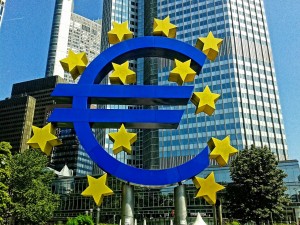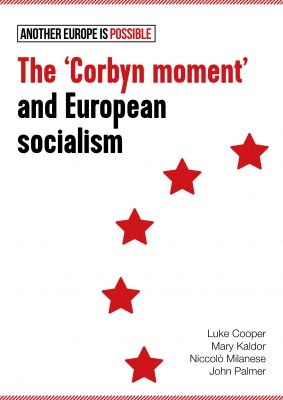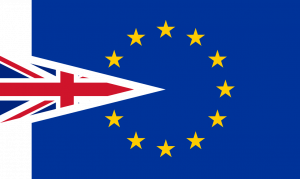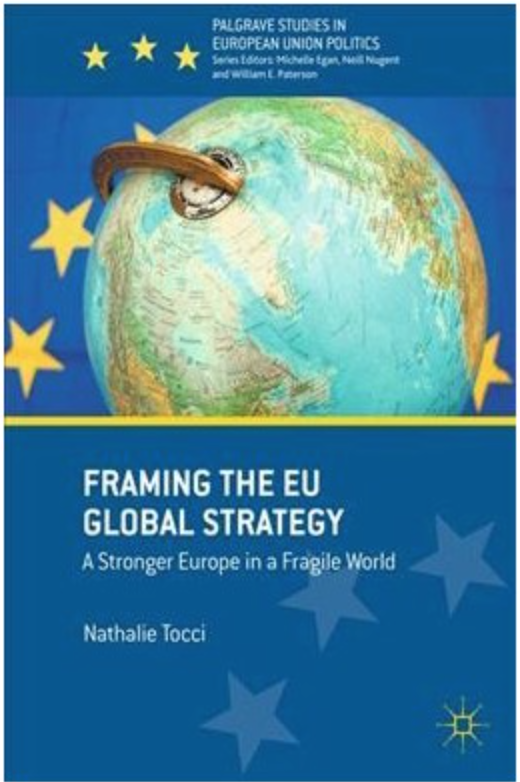By Federico Nicolaci
Contemporary mass migration patterns and dynamics pose an entirely new set of questions that European leadership should urgently articulate and answer. It is not easy: the issue is highly contentious and countries have different views as to the measures and methods to address it. However, framing the whole question in moralistic terms—as often happens in political discourse—is not only reductive and arbitrary: it is playing a dangerous game, with potentially disastrous political results.
1. The spectacularisation of tragedy and the temptation of emotional response
Undoubtedly a profound influence in the political response to the European refugee crisis has been exerted by the pivotal role of media in representing the drama of children, men and women tragically drowned in the Mediterranean while seeking to reach Europe’s shores. The spectacularisation of sorrow, along with the spectacularisation of violence, is indeed an inherent feature of today’s “society of spectacle” dominated by mass media and shaped by the possibility of instant sharing of images and videos.
 Think of the shocking and highly dramatic image of the lifeless body of a three-year-old Syrian child, washed up along the Greek shore: in the second half of 2015, the sensationalist coverage of that event galvanised the public and hit Europe’s conscious as no piece of writing had been previously able to do. According to research conducted by the Visual Social Media Lab of Sheffield University, that photograph was seen by 20 million people in less than 12 hours after it was first published, creating a powerful frame trough which subsequent coverage on the migration crisis has been positioned, dramatically shifting governments’ policies, as well as public attitudes, towards the issue.
Think of the shocking and highly dramatic image of the lifeless body of a three-year-old Syrian child, washed up along the Greek shore: in the second half of 2015, the sensationalist coverage of that event galvanised the public and hit Europe’s conscious as no piece of writing had been previously able to do. According to research conducted by the Visual Social Media Lab of Sheffield University, that photograph was seen by 20 million people in less than 12 hours after it was first published, creating a powerful frame trough which subsequent coverage on the migration crisis has been positioned, dramatically shifting governments’ policies, as well as public attitudes, towards the issue.
It is, however, difficult to overlook the dangers of emotional responses when it comes to determining governments’ policies, particularly if we take into account the nature and the magnitude of today’s patterns of migration. The last available data suggest that in 2015 a total of 2.7 million people immigrated to the European Union from a variety of foreign (id est, non-member) countries. In 2016, over 1,236,300 new asylum applications have been lodged throughout the EU. While the flow of migrants to Europe in 2015 represented the biggest influx from outside the Continent in Modern history, many experts warn that the mass movement, in the absence of any form of dissuasion, may continue and even increase—possibly for years to come.
Continue reading →
 The Eurozone is recovering from a long crisis; growth rates are turning positive across the Eurozone after a decade, business confidence is rising. Current accounts are balanced after the brutal adjustment in the periphery. The overall unemployment in the Euro area reached its pre-crisis level in 2017. This has been seen as a triumph.
The Eurozone is recovering from a long crisis; growth rates are turning positive across the Eurozone after a decade, business confidence is rising. Current accounts are balanced after the brutal adjustment in the periphery. The overall unemployment in the Euro area reached its pre-crisis level in 2017. This has been seen as a triumph.

 The result of the Italian general election was extraordinary. Even if the most recent polls had anticipated the trend, the actual numbers were surprising, providing the immediate sense of a rather dramatic political shift. Three main and tightly interconnected stories are easily detectible: the irresistible rise of the Five Star Movement (M5S), the decisive victory of the Northern League under Matteo Salvini’s leadership, and the collapse of Matteo Renzi’s Democratic Party (PD).
The result of the Italian general election was extraordinary. Even if the most recent polls had anticipated the trend, the actual numbers were surprising, providing the immediate sense of a rather dramatic political shift. Three main and tightly interconnected stories are easily detectible: the irresistible rise of the Five Star Movement (M5S), the decisive victory of the Northern League under Matteo Salvini’s leadership, and the collapse of Matteo Renzi’s Democratic Party (PD).



 During the referendum on British membership of the European Union, one of the many charges against the European Union put forward by the leave campaign was fear of a European army. There has also been talk of an emerging European ‘security-industrial complex’ as a range of surveillance systems are introduced as part of EU counter-terror measures and as defence research and defence co-operation are stepped up (see Chris Jones,
During the referendum on British membership of the European Union, one of the many charges against the European Union put forward by the leave campaign was fear of a European army. There has also been talk of an emerging European ‘security-industrial complex’ as a range of surveillance systems are introduced as part of EU counter-terror measures and as defence research and defence co-operation are stepped up (see Chris Jones,  allowed to escalate so profoundly. What role did Mariano Rajoy and Carles Puigdemont play in the unfolding crisis? With the upcoming election, they offer valuable insight into what may happen next, how the crisis can be deescalated, and what role, if any, the EU can play. Both agree that the Spanish government misunderstood and miscalculated the severity of the conflict. While Mireia Cottakis puts forward the case for Catalan independence, Jose Olivas Osuna argues that the case for independence is not as strong as it is often made out to be, and that independence is desirable neither for Spain nor Catalonia.
allowed to escalate so profoundly. What role did Mariano Rajoy and Carles Puigdemont play in the unfolding crisis? With the upcoming election, they offer valuable insight into what may happen next, how the crisis can be deescalated, and what role, if any, the EU can play. Both agree that the Spanish government misunderstood and miscalculated the severity of the conflict. While Mireia Cottakis puts forward the case for Catalan independence, Jose Olivas Osuna argues that the case for independence is not as strong as it is often made out to be, and that independence is desirable neither for Spain nor Catalonia.

